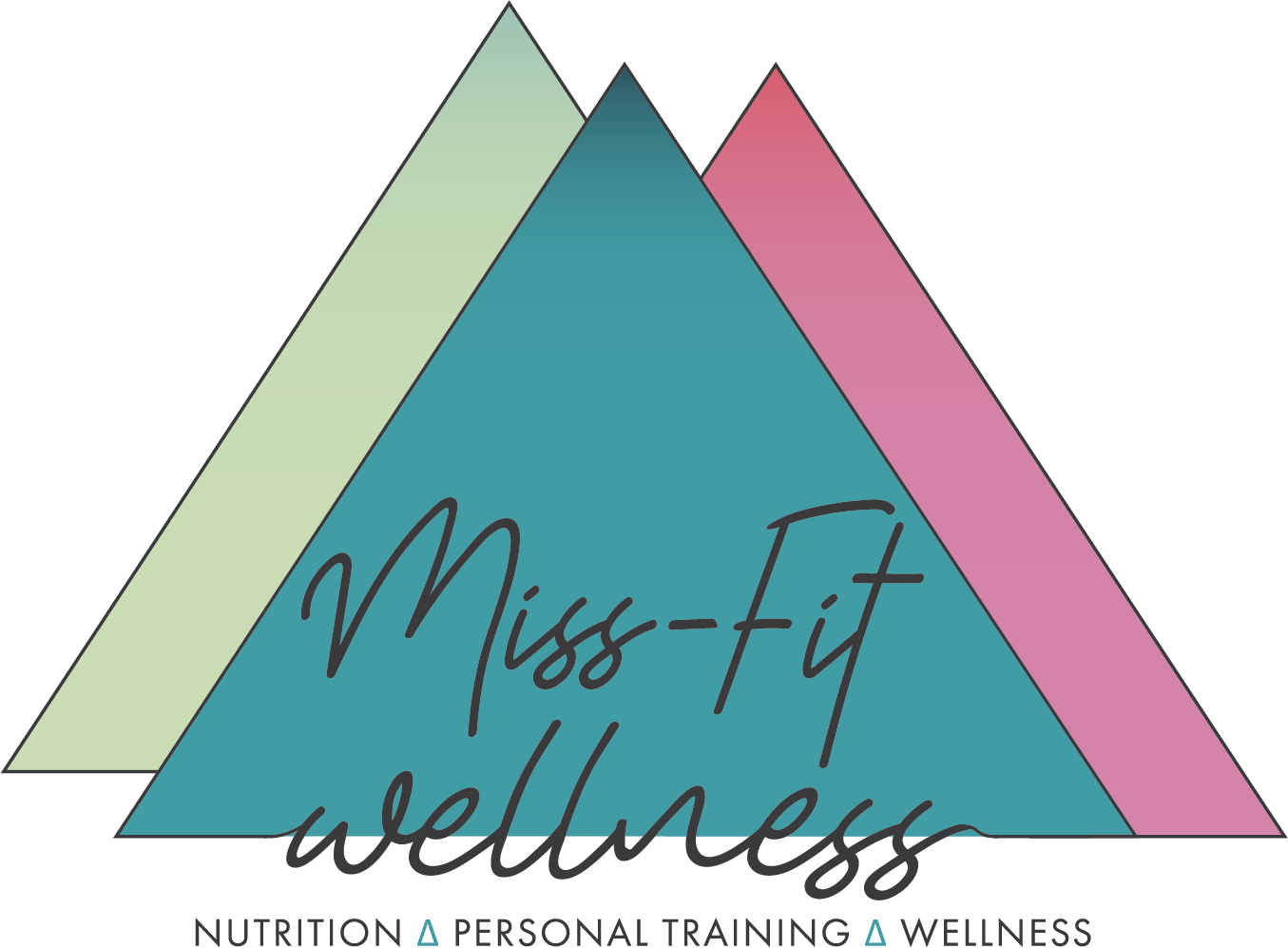Perimenopausal Inflammation: What's Contributing & What Can Help
It’s absolutely true that our declining hormones during perimenopause are a major contributor to inflammation, which leads to symptoms like bloating, brain fog, and body aches. In fact, chronic inflammation is at the root of many serious conditions such as cancer, heart disease, and diabetes. However, we often make the mistake of blaming these symptoms solely on aging. In reality, our lifestyle choices—including nutrition, stress management, sleep, and exercise—play a massive role in how we feel.
Hard livin’ definitely contributes to hard AGING. I don’t know about you, but I plan to live another 40-50 really good years without perhaps the same protective hormones of my youth. I would like you to be high-stepping up that mountain right along with me.
So what are some legit ways we can start to tamp the fire of inflammation??....
1. Diet and Insulin Sensitivity
When we regularly consume foods high in refined carbs and sugars, our blood sugar spikes, leading to a surge in insulin. Over time, this creates insulin resistance, making our cells less responsive to insulin and promoting inflammation. This cycle fuels chronic inflammation in the body, making us feel sluggish, bloated, and irritable. To break the cycle, focus on balancing your blood sugar with whole, unprocessed foods, healthy fats, and lean proteins to help reduce insulin-related inflammation.
2. Processed Foods and Their Inflammatory Impact
Highly processed foods loaded with trans fats, artificial additives, and refined sugars are a major contributor to inflammation. These foods trigger an inflammatory response because the body struggles to process them efficiently. Switching to anti-inflammatory options like leafy greens, berries, and omega-3-rich foods (salmon, walnuts, flaxseeds) can work wonders. These nutrient-dense options help your body combat inflammation and protect against oxidative stress, promoting overall health and vitality.
3. Chronic Stress and Mindfulness
We often brush off stress as a normal part of life, but chronic stress is a key driver of inflammation. Elevated cortisol levels can trigger inflammation, making it harder for the body to repair itself. Incorporating mindfulness practices like deep breathing, meditation, or yoga has been shown to decrease cortisol levels by up to 30% within just a few days. Taking even a few minutes each day to slow down can have a profound impact on reducing inflammation and keeping your stress in check.
4. Exercise: Cardio vs. Strength Training
Excessive cardio can actually raise inflammation by increasing cortisol. Instead, strength training is a game changer. It not only builds muscle but also releases beneficial proteins called myokines, which help fight inflammation throughout the body. Focusing on strength training 2-3 times per week can help regulate inflammation and leave you feeling stronger and more energized.
5. The Role of Quality Sleep
Deep, restorative sleep is more than just rest—it’s a housekeeping process for your body. During the deepest phases of sleep, your brain and body work to clean up inflammatory proteins that build up throughout the day. Without quality sleep, this “cleanup” doesn’t happen efficiently, leading to higher inflammation levels. Prioritizing sleep hygiene (turning off screens before bed, maintaining a consistent bedtime) can help lower inflammation and improve overall well-being.
6. Alcohol and Inflammation
While a glass of wine might feel like a way to unwind, alcohol is a toxin and, by its nature, inflammatory. It also exacerbates inflammation by disrupting sleep and leaving us dehydrated. Dehydration impacts our joints and connective tissues, which need water to stay lubricated and function properly. Cutting back on alcohol and staying hydrated with water is one of the simplest ways to keep inflammation in check and support your body.
7. Skipping Meals and Cortisol Spikes
Skipping meals, especially in perimenopause, can put your body into survival mode, spiking cortisol and, in turn, inflammation. Your body perceives the lack of food as stress, which triggers cortisol release and makes it harder to regulate blood sugar. Eating regular, balanced meals can help keep cortisol and inflammation at bay while stabilizing your energy throughout the day.
Final Note
I am fully aware that it’s one thing to KNOW that cutting back on alcohol, eating a less inflammatory diet, and getting better sleep will help our bodies feel better, and also better respond to our training and nutrition efforts. But it’s another element entirely to actually KNOW HOW to do all of that with a history of 40+ years of doing things a different way.
And that’s where the Perimenopause Prescription can be life-saver. This is a 12-week program where I work with you as an individual to IMPLEMENT these kinds of changes, considering your history, schedule, and unique set of circumstances on an individual basis. For the first time maybe ever, you’ll have someone by your side as an advocate, dedicated to YOUR support; challenging you, yes, but also making change EASIER for you amidst all that you have going on.
Complete the interest form in the “Coaching” section, and we’ll talk in more detail about how to bring this program to life for you mid-life physique goals!
